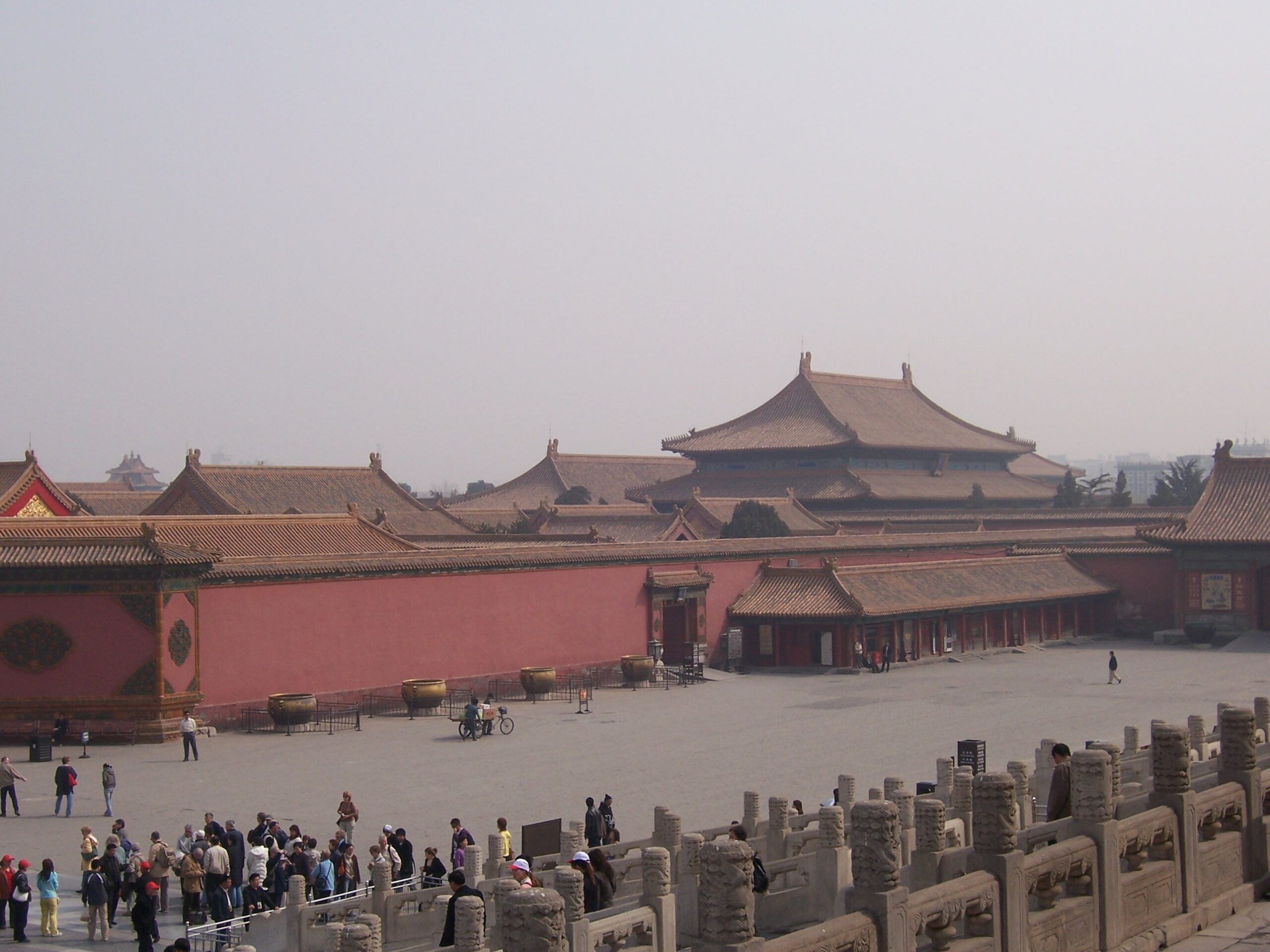
The Xinjiang province, home to the Muslim minority Uyghurs, lies just under three-thousand kilometres from Beijing. Cultural differences between Uyghurs and the Han Chinese – who comprise 92% of the mainland population – are even more profound than the physical distance between the political centre of China and Xinjiang. These differences, in conjunction with the importance of the Xingjiang region to China, are the driving force behind the abhorrent persecution of Uyghurs.
Xingjiang is geopolitically vital to the global expansion of China. At current, the region makes up 17% of China’s landmass and holds an estimated 21 billion tons of oil, 40% of the nation’s coal, and the majority of its natural gas reserves. Looking towards the future, the “Belt and Road” Initiative (BRI) by Beijing aims to forge overland and maritime trade corridors, and many of the land corridors rely on the Xingjiang region. For China, Uyghur Muslims pose a threat to the stability of this operation.
According to China, the persecution of Uyghurs in Xingjiang is aimed at countering terrorism, separatism, and religious extremism. In fact, China’s actions are cultural genocide that aims to homogenize Uyghur Muslims with the Han Chinese and lies in China’s concerns of Uyghur separatism which would compromise control of Xinjiang.
Populations of Uyghur Muslims span neighbouring countries such as Uzbekistan and Kyrgyzstan with which they share both culture and language. Additionally, Uyghur Muslims have twice had an independent state, The First (1993-4) and Second East Turkestan Republic (1944-9) with both eventually being invaded by China. These factors contribute to China’s desire to exert control over the region through the systematic eradication of Uyghur Muslims who they see as the primary threat to the dominance of the Chinese regime.
From the 1950s, China has encouraged the migration of, predominantly, Han Chinese into sparsely populated regions of Xinjiang via economic opportunities. Today, 40% of Xingjiang’s population – 9.5 million people – are Han Chinese, compared to just 6% in the 1940s. The sentiment here is similar to what T.R. Fehrenback presented: to gain control over a territory you start by “putting your young men in the mud.” China’s control over the Xingjiang region began with exerting their influence through their Han Chinese citizens. Since this first act to reduce the freedoms of Uyghur Muslims, China’s approach has become increasingly authoritarian and reminiscent of fascist genocides the global community once swore never to allow again.
Now considered a minority in Xingjiang, Uyghur Muslims have been involved in protests eventually marked by violence across Xingjiang. Most notably, a student-led protest in 2009 triggered by rising violence against Uyghurs led to the involvement of the Chinese Paramilitary, the sentencing of teenagers, and the subsequent disappearance of thousands of Uyghurs. Since 1992, 19 incidents of substantial violence have occurred in Xingjiang and led to the announcement of the “Strike Hard Campaign against Violence Terrorism” by China. This campaign increased the number of Uyghurs being admitted to detention centres and re-education camps, against a background of additional disappearances of over a million Uyghur Muslims at the hands of the Chinese state.
Since the 2014 campaign announcement, China’s presence in Xingjiang has continually grown. Now a high-tech police state, intrusive systems such as checkpoints, facial recognition software, identification cards, and collection of biometric data are used to track the movements of Uyghur Muslims. These relentless checks upon Uyghurs create an atmosphere of terror in which Uyghur citizens are left reluctant to travel for fear of detention by the Chinese government.
Today, Uyghur Muslims are detained in “re-education camps” which are ultimately aimed at China’s greatest concern that the cultural differences between Uyghurs and the rest of China were driving realistic separatist movements and unrest. The revoking of religious freedoms, brainwashing, and forced sterilization all serve to remove the cultural differences in Xingjian, and eventually remove all Uyghurs from the region. Only after these horrific acts have been completed, it seems, will China feel secure in its control of Xingjiang.



Average Rating